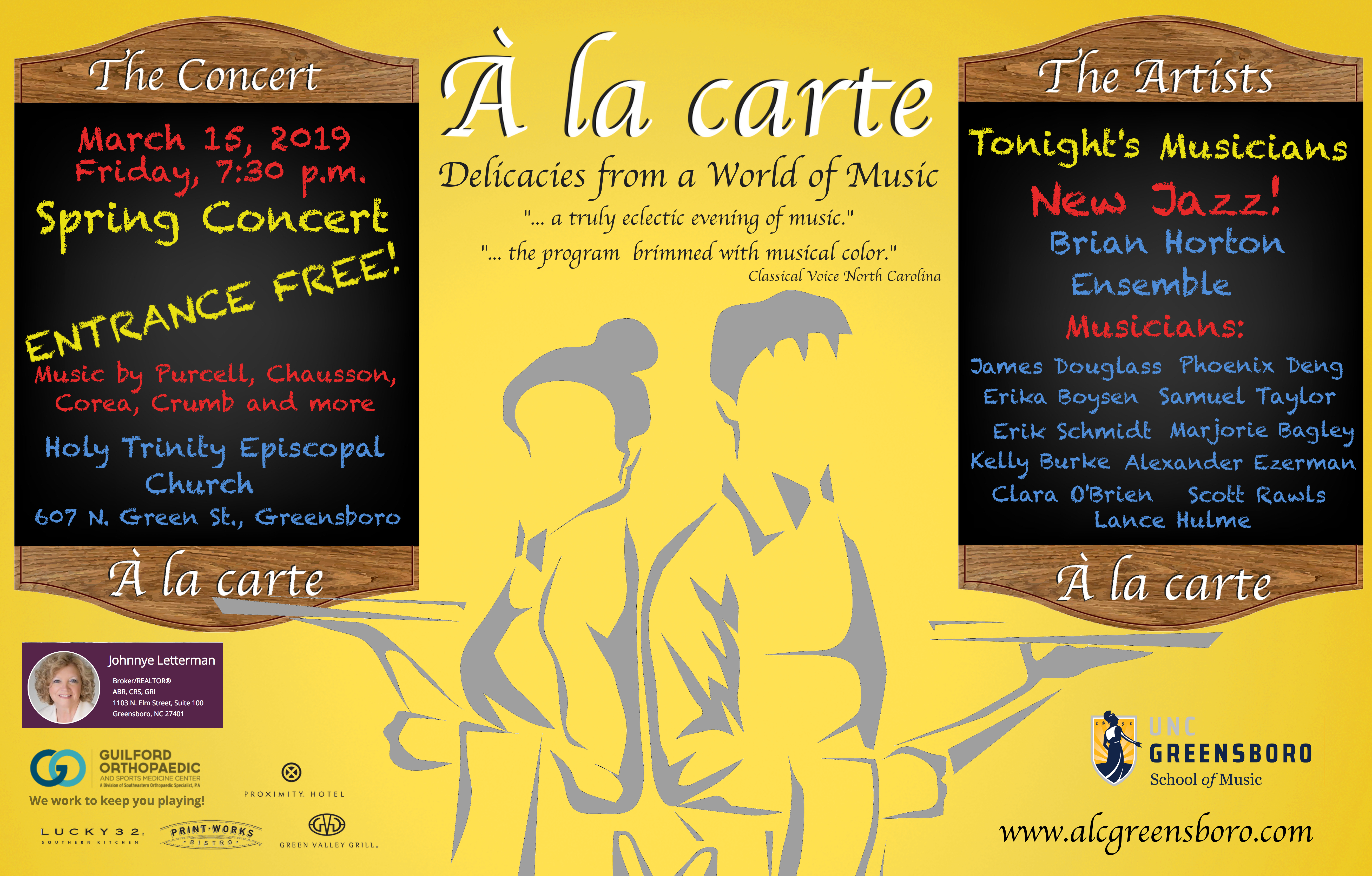March 15 Spring Concert
March 15, 2019
News of our Spring Concert
We thought our Winter Concert would be the highlight for the season, but the Spring Concert proved our greatest success to date! In our new location at the lovely and acoustically delightful Holy Trinity Episcopal Church, we were greeted by the largest and most enthusiastic audience we’ve ever had. Thank you! And our program resonated with audience, performers and critics and the performances were fantastic, giving À la carte a new “high water mark” all around.
Read excerpts from John Lambert’s review in Classical Voice North Carolina
“This organization reminds one of the little engine that could – and did.”
“The … Rondeau by Purcell, so radiantly played one wished we’d heard all of the Abdelazar Suite”
” ‘En attendant, Esperance,’ effectively accompanied by viola and lute.”
“…Hulme’s own composition, “a red yes (Penelope),” from Odyssey Allusions … with fascinating interweaving of long melodic lines.
“…”Chanson perpetuelle,” fit admirably in context with the far newer composition, its extended lines beautifully sung by O’Brien; and rarely has the music seemed so intense, so direct, so penetrating…”
Brian Horton and his ensemble … demonstrated superior chops that were significantly enhanced by contributions from the classical side in a very impressive piece we’d welcome the chance to hear again”
“George Crumb’s The Night of the Four Moons … was the highlight of the evening …That this performance was so enthusiastically received demonstrates that À la carte has earned its audience’s confidence and respect. Well done!”
” ‘Spain’ …The jazz ensemble here was the centerpiece of the extended number, and the classical side of the house again more than held its own”
And here are more excerpts from Tim Lindemann’s review in the Greensboro News and Record:
“…a buoyant presentation of the Rondeau from ‘Abdelazar Suite’ ”
” …a ballade by Franco-Flemish composer Jacob Senleches … featured mezzo-soprano Clara O’Brien, who freely and expressively floated above equally free accompaniment by Rawls and lutenist Samuel Taylor.”
“…Hulme’s own composition, the well-crafted and evocative second movement of “Odyssey Allusions: a red yes (Penelope),” …all kept together by Hulme conducting.”
“O’Brien returned for a lovely presentation of the hyper-French-romantic “Chanson Perpetuelle” … was sensitively accompanied by piano quintet.
“ ‘Not Enough Sky’ by Brian Horton (a professor at N.C. Central University). His ensemble …was joined by a flute, clarinet, and string quartet. A free intro was followed by the main tune featuring both combo and orchestra. Lively improvisation from the quartet followed.”
“George Crumb … “The Night of the Four Moons” … is all about color and theater— a treat to hear live.”
“…a raucous performance of “Spain” … featuring the jazz quartet, O’Brien, winds and strings. The good-sized audience was all smiles as the concert of what Hulme called “world ethnicity” concluded.”
Here’ a compilation video of highlights:
À la carte
Spring Concert
March 15, 2019
Abdelazar Suite: II. Rondeau
Henry Purcell
(1659–1695)
En attendant, Esperance
Jacob Senleches
(fl. 1383 – 1395)
Odyssey Allusions: II. a red yes (Penelope)
Lance Hulme
Chanson Perpetuelle
Ernest Chausson
(1855–1899)
Not Enough Sky
Brian Horton
The Night of the Four Moons
George Crumb
(*1929)
Spain
Chick Corea
(*1941)
Musicians:
Erika Boysen, flute
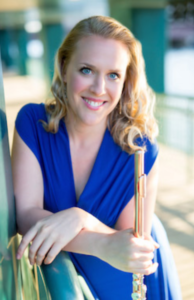
Kelly Burke, clarinet
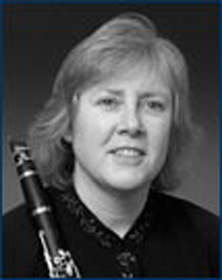
Samuel Taylor, guitar

Erik Schmidt, percussion
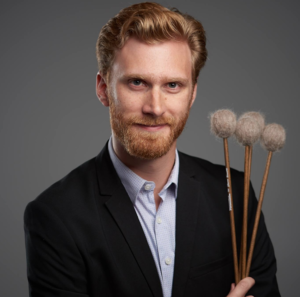
James Douglass, piano
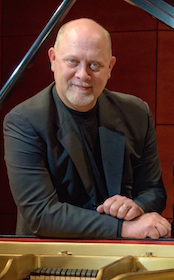
Clara O’Brien, mezzo-soprano
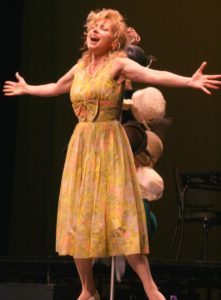
Marjorie Bagley, violin
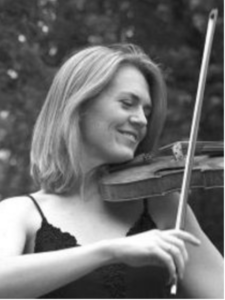
Wenyin Phoenix Deng, violin
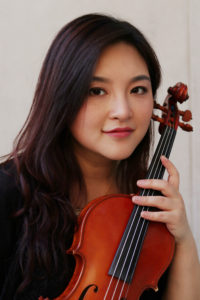
Scott Rawls, viola
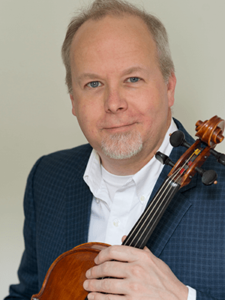
Alexander Ezerman, cello
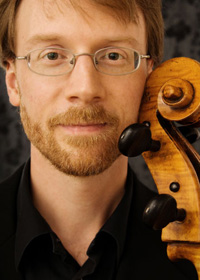
Brian Horton Ensemble
Brian Horton, sax
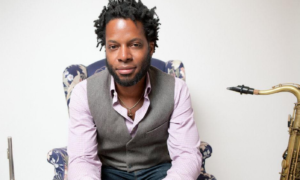
Ernest Turner, piano

William Ledbetter, bass
Jeremy Clemons, drums
TEXTS
En attendant, Esperance
En attendant, Esperance conforte
l’omme qui vuolt avoir perfeccion;
en attendant se deduc et deporte,
en attendant li proumet guerredon,
en attendant passe temps et sayson,
en attendant met en li sa fiance;
de toulz ces més est servis a fayson
cilz qui ne sceit vivre sans Esperance.
Esperance tient overte le porte
dont chaschuns puet avoir guarison.
Esperancë est de si noble sorte
que cilz ne doit prendre confusion
qui l’a o soy; et sanz li ne puet on
avoir loing temps playsir habundance,
dont prendre assés puet consolation
cilz qui ne sceit vivre sanz Esperance
Pour ce conoy et voy qu’elle m’ennorte
a li tenir; et j’ay cause et rayson
quar je schay bien que s’elle estoit morte,
pou y veroit le mien entencion.
Dont je vos pris, en ma conclusion,
que Belle Acueil priés pour m’alagance;
en attendant suy sanz presoncion
While waiting, Hope comforts
The man who seeks perfection;
While waiting, she amuses and entertains him,
While waiting, she promises him reward,
While waiting, time and seasons pass,
While waiting, she is faithful to him:
From all these dishes is amply served
The man who cannot live without Hope.
Hope holds opens the door
Through which each can enjoy protection.
Hope is such noble company
That whoever has her with him
Should come to no harm; and without her
One cannot not have much joy for long:
From this he can take some consolation,
The man who cannot live without Hope.
So I acknowledge and see that she counsels me
To stand by her; and I have good reason to,
Because I know well that if she were dead
She wouldn’t see my intention,
Thus, in conclusion, I beg you to pray to
Fair Welcome for my relief;
While waiting, I am, without presumption,
The man who cannot live without Hope.
Chanson Perpetuelle (Charles Cros)
Bois frissonnants, ciel étoilé
Bois frissonnants, ciel étoilé,
Mon bien-aimé s’en est allé,
Emportant mon cœur désolé!
Vents, que vos plaintives rumeurs,
Que vos chants, rossignols charmeurs,
Aillent lui dire que je meurs!
Le premier soir qu’il vint ici
Mon âme fut à sa merci.
De fierté je n’eus plus souci.
Mes regards étaient pleins d’aveux.
Il me prit dans ses bras nerveux
Et me baisa près des cheveux.
J’en eus un grand frémissement;
Et puis, je ne sais plus comment
Il est devenu mon amant.
Et, bien qu’il me fût inconnu,
Je l’ai pressé sur mon sein nu
Quand dans ma chambre il est venu.
Je lui disais: « Tu m’aimeras
Aussi longtemps que tu pourras! »
Je ne dormais bien qu’en ses bras.
Mais lui, sentant son cœur éteint,
S’en est allé l’autre matin,
Sans moi, dans un pays lointain.
Puisque je n’ai plus mon ami,
Je mourrai dans l’étang, parmi
Les fleurs, sous le flot endormi.
Au bruit du feuillage et des eaux,
Je dirai ma peine aux oiseaux
Et j’écarterai les roseaux.
Sur le bord arrêtée, au vent
Je dirai son nom, en rêvant
Que là je l’attendis souvent.
Et comme en un linceul doré,
Dans mes cheveux défaits, au gré
Du [flot]1 je m’abandonnerai.
Les bonheurs passés verseront
Leur douce lueur sur mon front;
Et les joncs verts m’enlaceront.
Et mon sein croira, frémissant
Sous l’enlacement caressant,
Subir l’étreinte de l’absent.
Que mon dernier souffle, emporté
Dans les parfums du vent d’été,
Soit un soupir de volupté!
Qu’il vole, papillon charmé
Par l’attrait des roses de mai,
Sur les lèvres du bien-aimé!
Quivering woods, starry sky
Language: English after the French (Français)
Quivering woods, starry sky,
my beloved has gone away
taking with him my desolate heart!
Winds, may your plaintive noises,
charming nightingales, may your songs
go to tell him I’m dying!
From the first evening he came here
my soul was at his mercy.
I no longer cared about pride.
My eyes kept telling him my thoughts.
He took me in his nervous arms
and kissed my head close to my hair.
That caused me a great trembling;
and then, I no longer know how,
he became my lover.
And although he was unknown to me,
I clasped him against my naked breast
when he came into my bedroom.
I kept saying: “You will love me
for as long as you are able!”
I would sleep well only in his arms.
But he, feeling his heart grown cold,
departed some mornings ago,
without me, for a distant land.
Since I have my lover no longer
I will die in the pond, among
the flowers, under the sleeping water.
Amid the noise of foliage and stream
I will tell the birds of my sorrow
and will cause the reeds to part.
Pausing on the edge, I will speak
his name to the wind, while dreaming
that I often awaited him there.
And as if in a golden shroud,
with my hair undone, I will let myself go
wherever the [current]1 takes me.
The happy times I have known will shed
their gentle light on my forehead;
and the green reeds will entwine me.
And my breast will believe,
as it trembles caressed and entwined,
that the absent one is embracing me.
May my final breath, borne away
among the scents of the summer wind
be a sign of sensual pleasure!
And may it fly, like a butterfly charmed
by the beautiful roses of May,
onto the lips of my beloved!
The Night of the Four Moons
(García Lorca)
La luca está muerta, muerta;
pero resucita en la primavera.
Cuando sale le luna,
el mar cubre le tierra
y el corazón se siente
isla en el infinito.
III.
Otro Adán oscuro está soñando
neutra luna de piedra sin semilla
donde el niño de luz se irá quemando.
“¡Huye luna, luna, luna!
Si vinieran los gitanos,
harian con tu corazón
collares y anillos blancos.”
«Niño, déjame que baile.
Cuando vengan los gitanos,
te encontrarán sobre el yunque
con los ojillos cerrados.”
«¡Huye luna, luna, luna!
que ya siento sus caballos.”
«Niño, déjame, no pises
mi blancor almidonado.”
¡El jinete se acercaba
tocando el tambor del llano!
dentro de la fragua el niño
tiene los ojos cerrados.
¡Por el loivar venían,
bronce y sueño, los gitanos!
Las cabezas levantadas
y los ojos entornados.
Cómo canta la zumaya,
¡ay, cómo canta en el árbol!
Por el cielo va la luna
Con un niño de la mano.
The moon is dead, dead;
but it is reborn in the springtime.
When the moon rises,
the sea covers the earth
and the heart feels like
an island in infinity.
III.
Another obscure Adam dreams
neuter seedless stone moon
where the child of light will be kindling.
“Run away moon, moon, moon!
If the gypsies should come,
they will make of your heart
necklaces and white rings.”
“Child, let me dance.
When the gypsies come,
they will find you on the anvil
with your little eyes closed.”
“Run away moon, moon, moon!
for I hear now their horses.”
“Child, leave me, do not step
on my starched whiteness.”
Drumming the plain
the horseman was coming near!
Inside the smithy
the child has closed his eyes.
Along the olive grove
the gypsies were coming, bronze and dream!
heads high
and eyes half-closed.
How the owl hoots!
Ah, how it hoots in the tree!
Through the sky goes the moon
holding a child by the hand.
